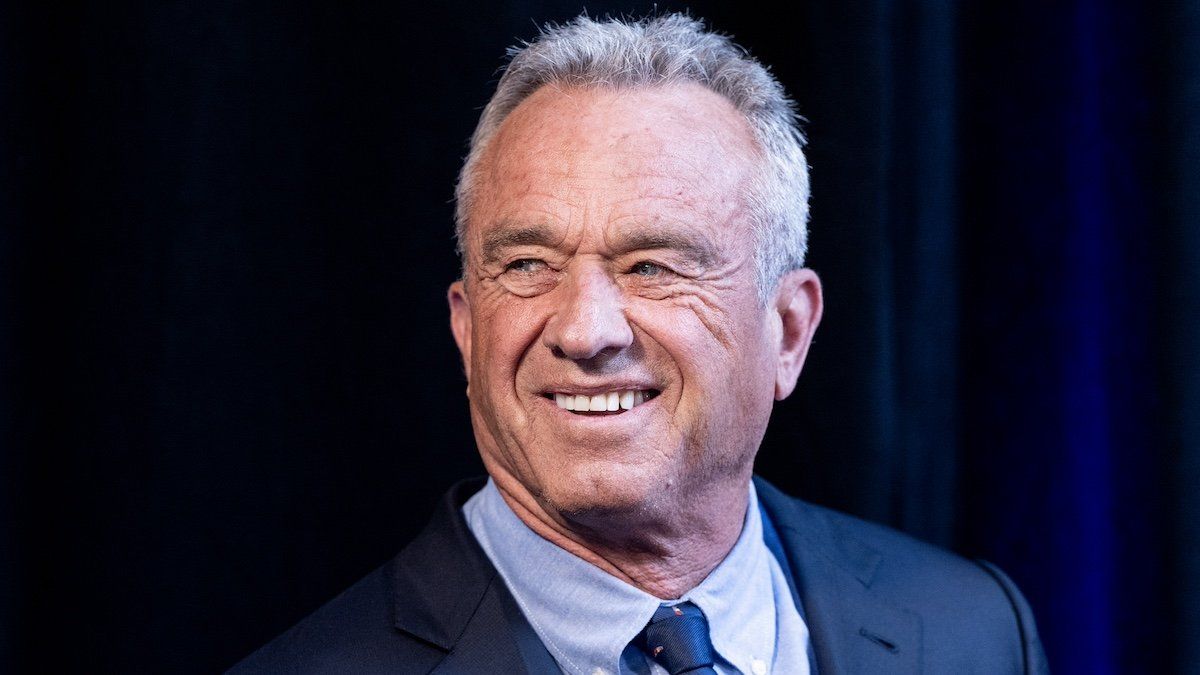Last week, President Joe Biden and Donald Trump agreed to debate on CNN on June 27 and on ABC News on Sept 10. Under the rules laid out by the networks, independent candidate Robert F. Kennedy Jr. could qualify to participate.
History lesson: Only two independent candidates have ever qualified for a general election debate. The last time was Ross Perot in 1992, when he faced off against Bill Clinton and George H.W. Bush and saw a boost in thepolls from the spectacle.
Kennedy’s about halfway to qualifying. The rules saycandidates must attract 15% support in four national polls and have ballot access in enough states to theoretically win 270 electoral votes – the minimum to capture the Electoral College.
Kennedy has met the polling requirements in two polls and is close on multiple others. But the ballot requirement could be more complicated. Kennedy is officially on the ballot in five states worth 35 electoral votes. Kennedy’scampaign claims that it has submitted enough signatures to make it in 10 other states worth 166 electoral votes, pending approval by state election officials. He has until June 20 to make up the difference.
Why it matters: Kennedy appearing beside Trump and Biden would further legitimize his campaign. It would also complicate Biden and Trump’s debate strategy – which could prove particularly difficult for Biden, who has stumbled during harder-to-rehearse speaking endeavors in recent months.